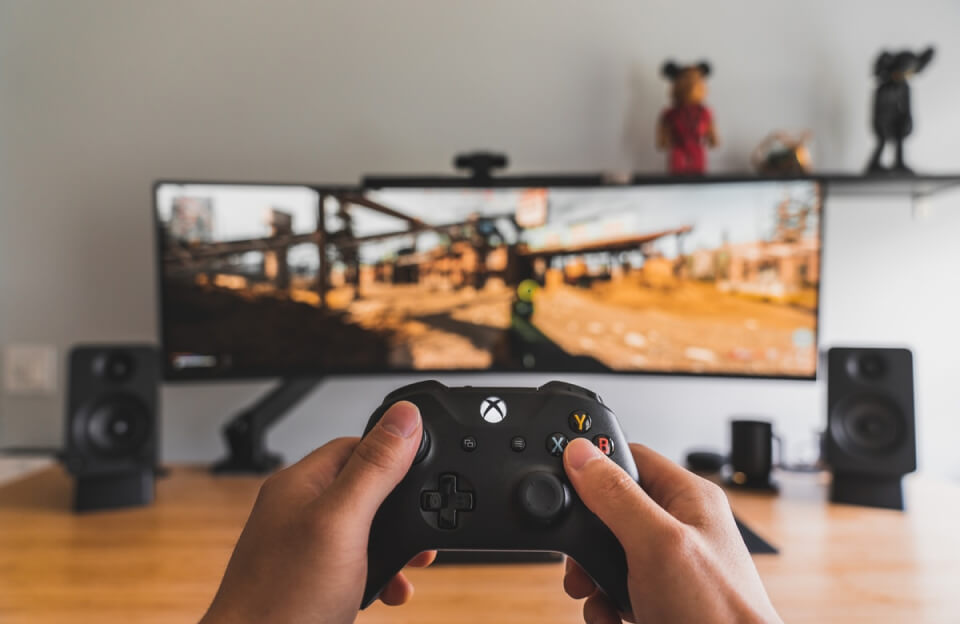You hit upload. People are watching. Maybe even commenting. But deep down, you feel like you don’t deserve it. You think, “I’m not a real creator.”
- What Is Creator Impostor Syndrome?
- Why So Many Creators Feel This Way
- Common Signs You’re Struggling
- How to Beat It and Grow Anyway
- Final Thoughts: You Belong Here
That’s impostor syndrome — and it’s incredibly common, even among the most successful streamers, influencers, and artists.
What Is Creator Impostor Syndrome?
It’s the voice in your head that says:
- “I’m not good enough to do this.”
- “People will find out I’m faking it.”
- “I got lucky — not talented.”
It’s not true. But when you’re constantly creating and putting yourself out there, it’s easy to doubt yourself — especially when comparing to others online.
Why So Many Creators Feel This Way
Social media shows everyone’s best moments — viral hits, big collabs, polished content. What it doesn’t show: the self-doubt, the rough drafts, or the 100 posts that went nowhere.
You might feel impostor syndrome because:
- You’re comparing yourself to creators with years more experience
- You don’t have formal training or a “perfect” setup
- You’ve had fast growth and can’t process the attention
Common Signs You’re Struggling
Not sure if impostor syndrome is affecting you? Watch out for:
- Deleting content because “it’s not good enough”
- Feeling like every win is just luck
- Stalling projects because of fear of judgment
- Downplaying your milestones or audience growth
These are all signs that your mindset—not your content—is holding you back.
How to Beat It and Grow Anyway
Here’s what can actually help:
🎯 Focus on the Process, Not the Perfection
Great creators improve over time. Growth comes from consistency, not constant “perfection.” Create, post, learn — repeat.
Reframe Your Thoughts
When you think, “I don’t deserve this,” say, “I’m learning as I go — and that’s enough.” Positive self-talk can shift your mindset in big ways.
Track Your Progress
Keep a private note of your wins — big or small. When you doubt yourself, read them back. You’ve come further than you think.
Connect with Other Creators
Most creators feel this. Talking to others who’ve been there reminds you you’re not alone — and that everyone starts somewhere.
Unfollow People Who Make You Feel Less
If someone’s content constantly makes you feel bad about yourself, mute or unfollow. Curate a feed that inspires, not intimidates.
Final Thoughts: You Belong Here
Impostor syndrome is just a mental block. It’s not reality. You don’t need permission to call yourself a creator — your work already proves it.
Keep showing up. Keep creating. You’re not an impostor — you’re building something real.
Have you ever struggled with impostor syndrome? Tag us @LiveWireWeekly — we’d love to share your story and support your journey.


